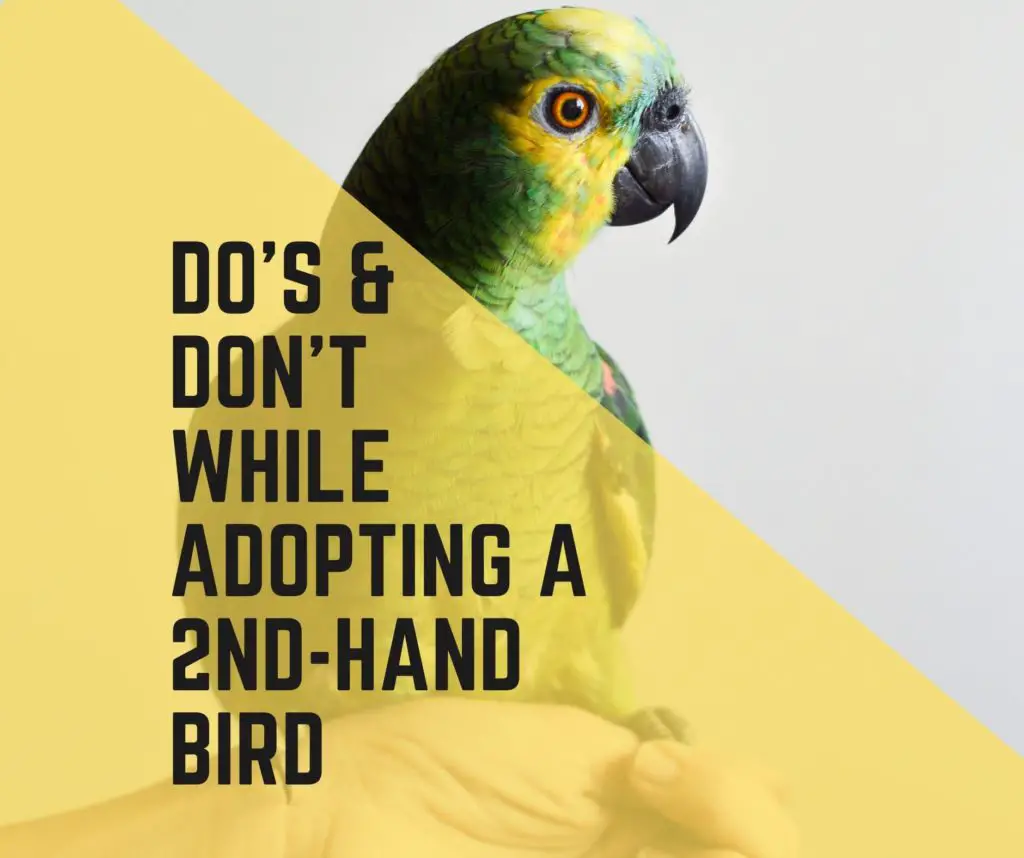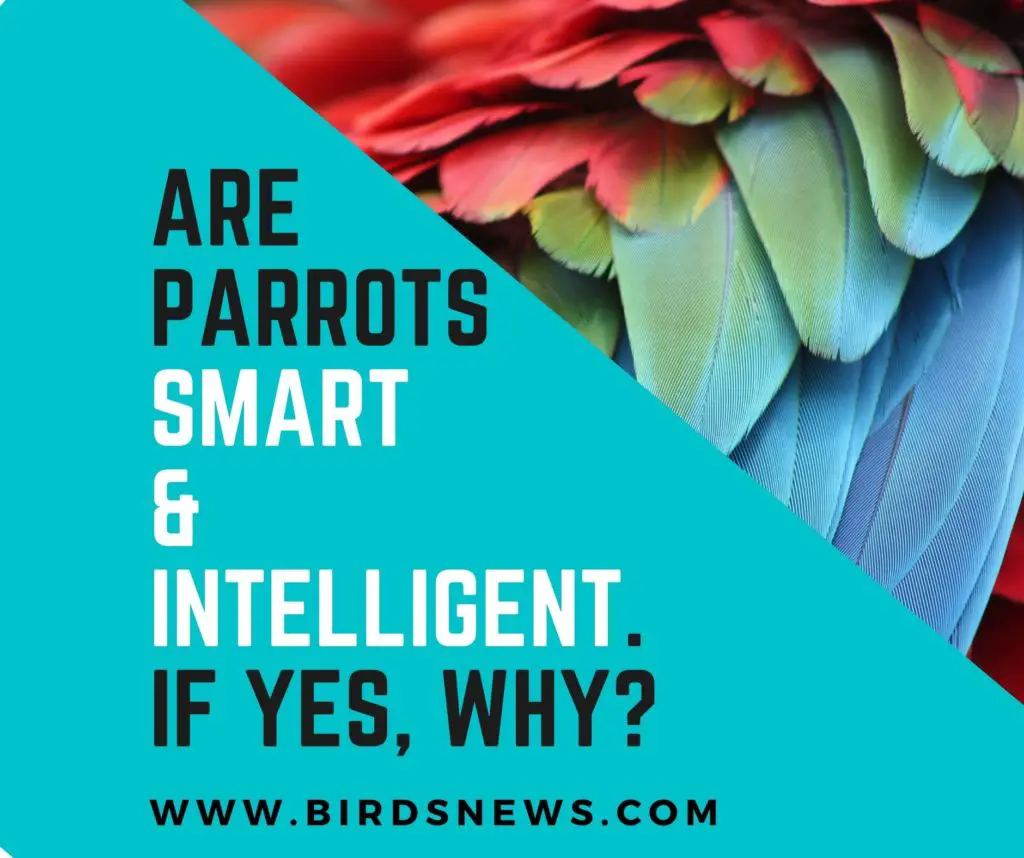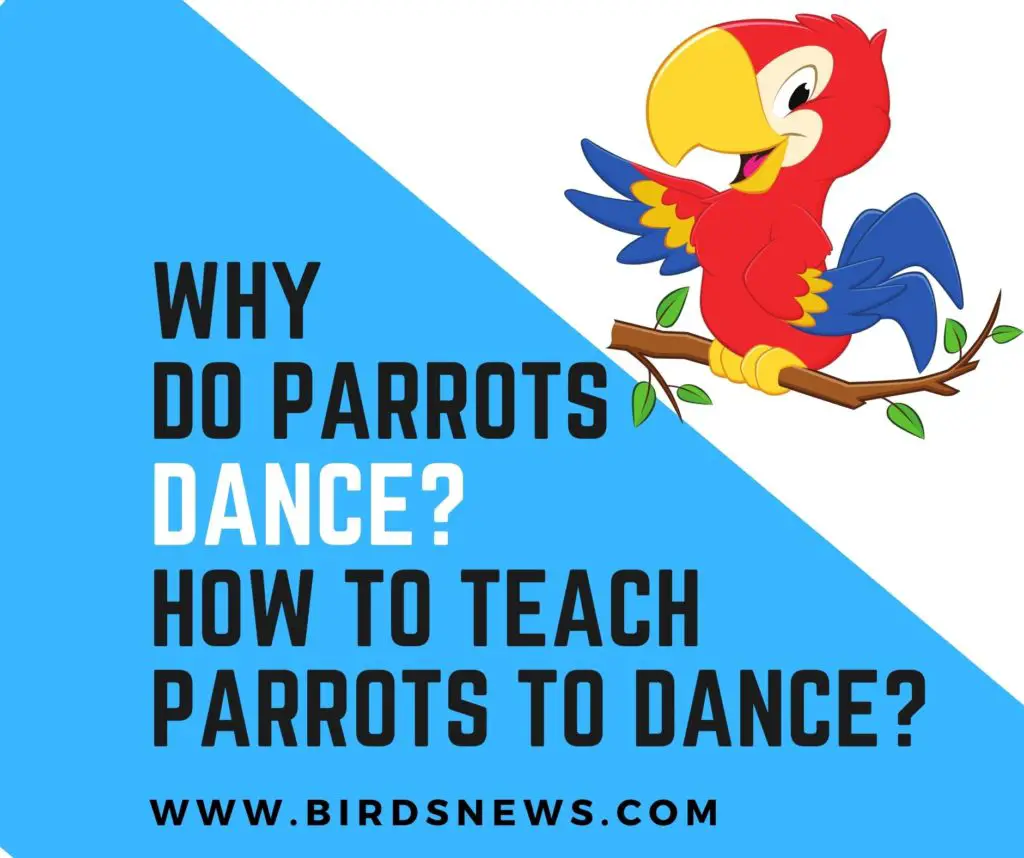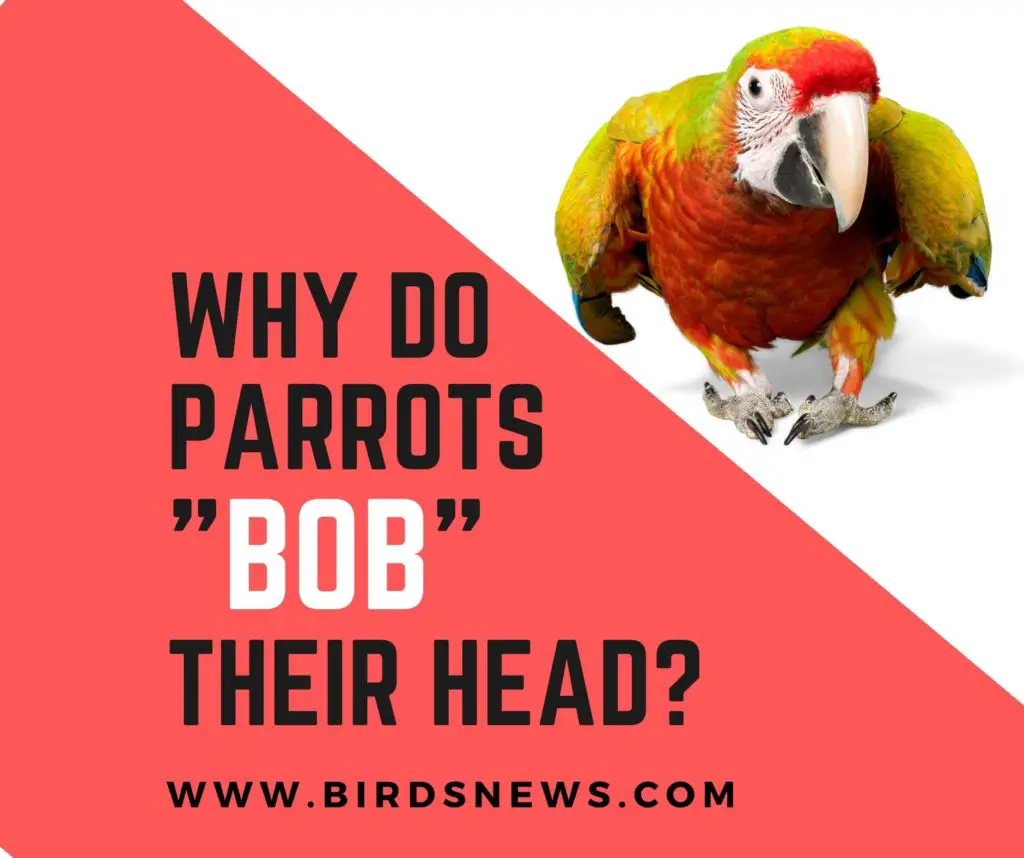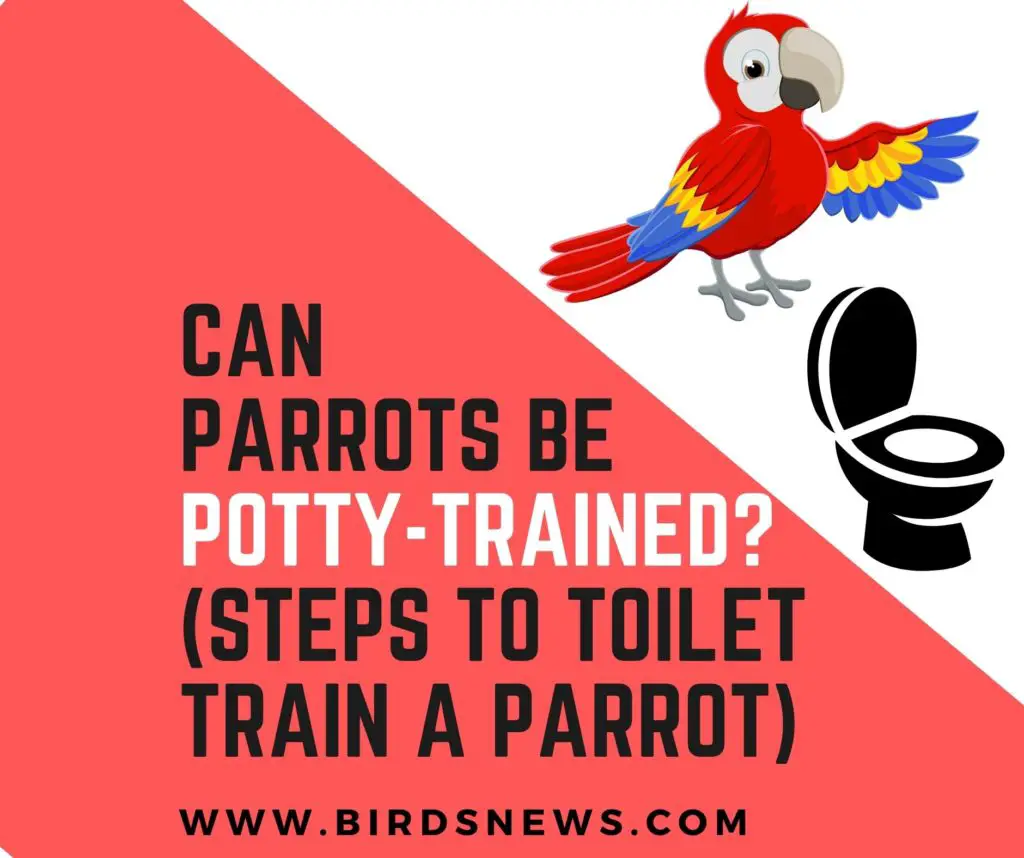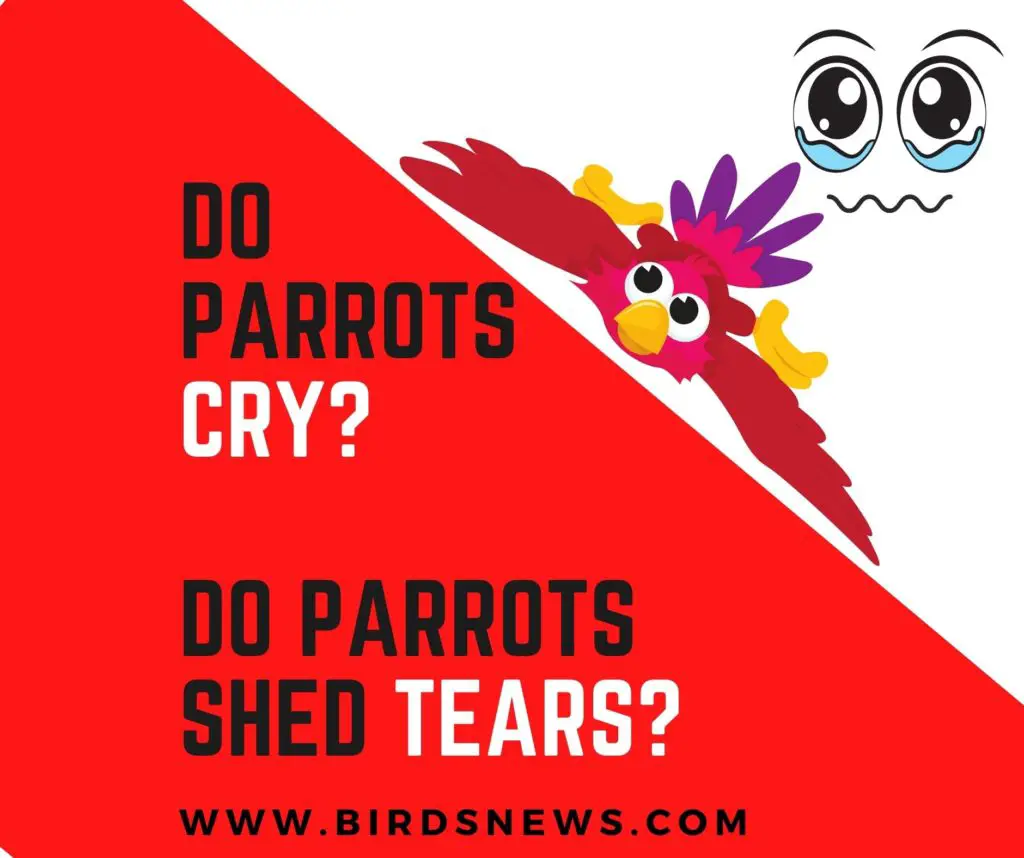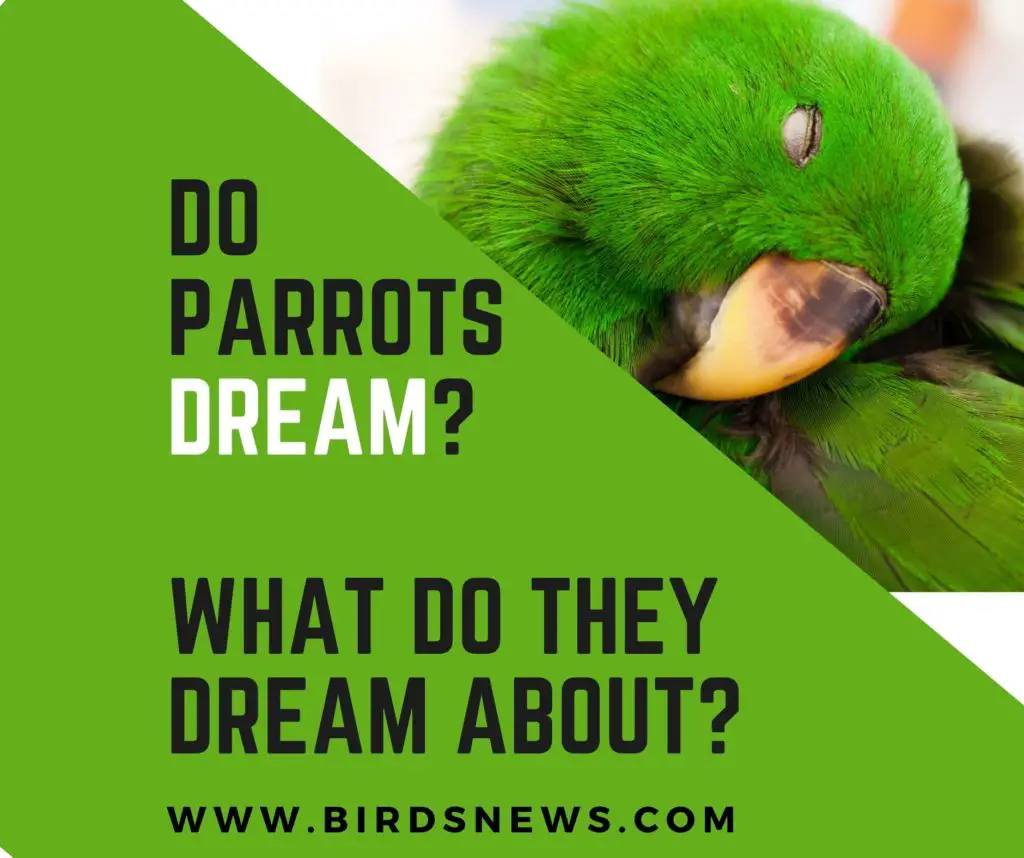Whether we like it or not, many of us have realized that there is a definite problem regarding unwanted parrots. We’ve visited the websites of avian rescue organizations. We may know someone who has made the decision to surrender his/her bird to such a group. We’ve chatted with some of those who do rescue work. We may even have visited a parrot sanctuary.
So why haven’t we thought of adopting a parrot yet?
Most people think that avian rescue facilities are full of aggressive, screaming, feather and body mutilators who cannot adjust to life in captivity. We’re told that rescue birds require a lot of patience, experience, and extreme adjustments to our own routines.
Many of us are encouraged by well-meaning bird folks and breeders to get a hand-fed baby first, and if we can handle that bird, then we can take on a rescue bird.
The truth is that there are many well-adjusted birds in rescue situations who would adapt very well to life with a novice, provided that the novice is prepared with education, guidance, and follow-up care. Just think of the difference you could make in the life of one unwanted or neglected parrot.
Says Sabra Brea of Sabra Parrots in Miami Florida (www.sabraparrots.com), "I have 2 new, not abused, birds gave up for pregnancy, and the "no time, too busy" syndrome.
They are not particularly maladjusted but had poor diets and are responding well here to a good diet, baths, and sunshine, etc.”
When considering a rescued bird, please think about the smaller parrots, such as Cockatiels, Lovebirds, Budgies, and Parrotlets.
These guys tend to find themselves in rescue situations because people tire of them or want to “trade-in” their small bird for a larger parrot. Smaller parrots tend to have quieter voices and make less mess than larger birds.
Eileen McCarthy of Midwest Avian Adoption and Rescue Services (www.maars.org) says: “The number one bird (in terms of volume) surrendered to MAARS is the cockatiel; Cockatiels represent about 35% of the birds we get in – certainly not because they are so demanding but, rather, because they are considered so disposable.”
Many birds are given up for non-behavioral reasons.
Caretakers of birds get married, get divorced, have a child, move, develop allergies or asthma, die, etc.
Some people simply cannot handle the normal amounts of noise, the mess, or the cost of upkeep for a parrot.
These birds can and will make wonderful companions if given the chance. There are also many older birds in rescue situations.
Older birds tend to be calmer and more predictable than birds under five years of age.
Older birds can bond just as strongly to their caretaker as baby birds can.
Considering the life spans of the larger parrots, an older bird could still live many happy years in your home.
Harry Golden of For The Birds in Brattleboro, VT says "I have two older rescues, an Umbrella Cockatoo and a Blue and Gold Macaw.
Both were totally insane, vicious birds, their keepers’ arms were black and blued and showed old scars from handling the birds.
This was the main reason they were given up… (the keepers of the Blue and Gold were also too old to care for it anymore).
In both cases, I was told that the birds favored women and in the case of the Umbrella Cockatoo that the bird would “attack men”.”I found none of these behaviors to be true.
The birds are both well adjusted and friendly, and I prefer the older birds in that they are better socialized, less destructive, and less mischievous than the 2 and 3-year-olds of the same species that I have.
You could say that they have a maturity level… sure the young birds are a ball of energy and very amusing, but it gets old after a while.
An older macaw will sit and watch TV with you and snuggle, and a 3-year-old macaw will shred the TV guide, spill your drink, etc.”
There are many birds, of course, that are given up due to aggression, body mutilation, excessive screaming, etc.
These birds are often kept in sanctuary, where they can live out their days with as much or as little human interaction as they wish.
These birds are offered the chance to socialize with other birds, which may provide them with enough socialization to make them happy.
Most avian rescue facilities will adopt out birds.
There are also many informal networks of people who spend their free time placing birds into adoptive or foster homes.
If you choose to give a rescue bird a second (or third, or fourth!) chance, your first step will be to contact one of these organizations or individuals.
Rescue folks can be found by searching the internet, asking an avian veterinarian, or requesting help from a local bird club.
There are also many internet chat lists devoted to rescuing issues that can help put people in touch with one another.
When you visit the rescue facility, be sure to note the care the birds are given.
Most avian rescue organizations provide optimal care to their birds.
A few, however, simply keep birds stacked in cages and feed a substandard diet.
Birds in these conditions will deteriorate physically and psychologically.
If you find yourself in a facility like this, please alert your local Humane Society or SPCA.
Reputable rescue groups will have strict adoption requirements. Their primary concern should always be for the welfare of the birds.
Marc Johnson of Foster Parrots, Ltd. in Rockland, MA (www.fosterparrots.com) states, "My responsibility to these birds is one I take very seriously. I am very picky about who is eligible and everyone must truthfully fill out an Adoption Application.
If I adopt out a bird that is later killed by the adopter’s dog or cat I will have failed in my endeavor to improve the lives of birds who have already suffered enough.
Screening prospective adopters can be time-consuming.
You may be required to volunteer at the rescue facility, to see first-hand what is involved in the care of parrots.
If you can handle the noise, mess, and daily chores associated with caring for a parrot, you are on your way. You may also have to open up your home to a representative of the rescue group.
They will want to see what kind of environment the bird will be living in. Smoking, the presence of a cat or certain breeds of dogs, a caretaker who works long hours or travels, or the use of Teflon in the home may disqualify someone from adopting.
Most rescue groups will want an adopter to live within a certain distance of the facility so that periodic home visits can be made.
This is not done to discourage or hinder the adoption process, but to ensure the bird will be going to a permanent and safe home.
Rescue groups want to be sure they will not get that bird back again!
Bouncing birds from home to home is one of the most detrimental things to happen to a bird. In the wild, exotic birds bond for life.
Birds who are shuffled around lose trust in humans and are often caused great stress by having to adjust yet again.
Rescue birds are often not free! Some rescue organizations will charge an adoption fee.
This may be to cover the costs of veterinary treatment and daily care the bird has while in the facility.
The majority of rescue groups survive on private donations.
It is often very difficult for a group to have to ask for an adoption fee, but necessary for the survival of the facility.
Be very wary of groups that charge a fee that is close to the market value of the bird.
There are many unscrupulous “rescue groups” that simply take in birds and re-sell them for profit.
If you are new to birds, be sure the rescue group or individual provides you with ample education as to the specific needs of exotic birds.
These animals lose their homes more frequently than dogs and cats!
You should know exactly what to expect in regards to
- parrot behavior,
- noise levels,
- mess levels,
- dietary requirements,
- toy and caging requirements,
- seasonal hormonal changes,
- bonding behaviors,
- necessary veterinary care,
- and related costs.
Birds are expensive, and if you cannot afford to buy a bird in a pet shop, you cannot afford to rescue one. Some rescue birds may have medical problems that will increase your out-of-pocket costs considerably.
The rescue group or individual should offer you
- follow-up care,
- behavioral counseling,
- referrals to bird clubs,
- veterinarians,
- and other individuals in your area that you can seek information of.
They should also conduct follow-up home visits to be sure the bird is adjusting to his new home and to be sure you, as the adoptive parent, are adjusting as well.
Many reputable organizations will require the signing of a legally binding contract that states the bird will return to the facility should you, as the adopter, need to give the bird up.
Many will also include a clause allowing the removal of the adopted bird from the home should the facility find the bird living in less than ideal conditions.
This is all in the best interests of the bird and is an indication of the group’s dedication to avian welfare.
What if you cannot adopt a rescued bird but would still like to be part of the solution?
Things you can do to help parrots:
- Volunteer at an avian rescue facility, or serve on your bird club’s adoption committee (or start one if it doesn’t exist yet!).
- Talk with folks who do avian rescue work.
- Learn about the issues first hand and you will be more aware and able to share your knowledge with others.
- Start or join an avian welfare organization.
- The World Parrot Trust is just one of the organizations working for birds today. Your support will make a difference!
- Speak up for the birds! Report abuse and neglect to the authorities (humane societies, SPCA, animal control, sheriff’s offices, etc.).
- Never walk away from abuse, do something.
- Educate! Talk to others, write articles, design a website dedicated to avian welfare.
The more people you can reach, the better the birds will be.
There is so much you, as one person, can do to protect and care for exotic birds in captivity.
In Summary
You may have thought once that a rescue bird would be “too much to handle”.
You know now that rescue birds need good homes, and many of them are very well adjusted.
There is so much we can do individually to make a true difference. Open your heart and your home to a rescue bird.
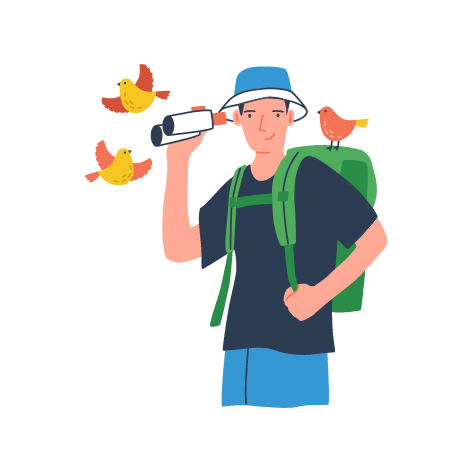
Hi, There and Welcome to BirdsNews.com, is here to help you learn and care about pet birds. and this blog is a journal of everything I’ve learned.

